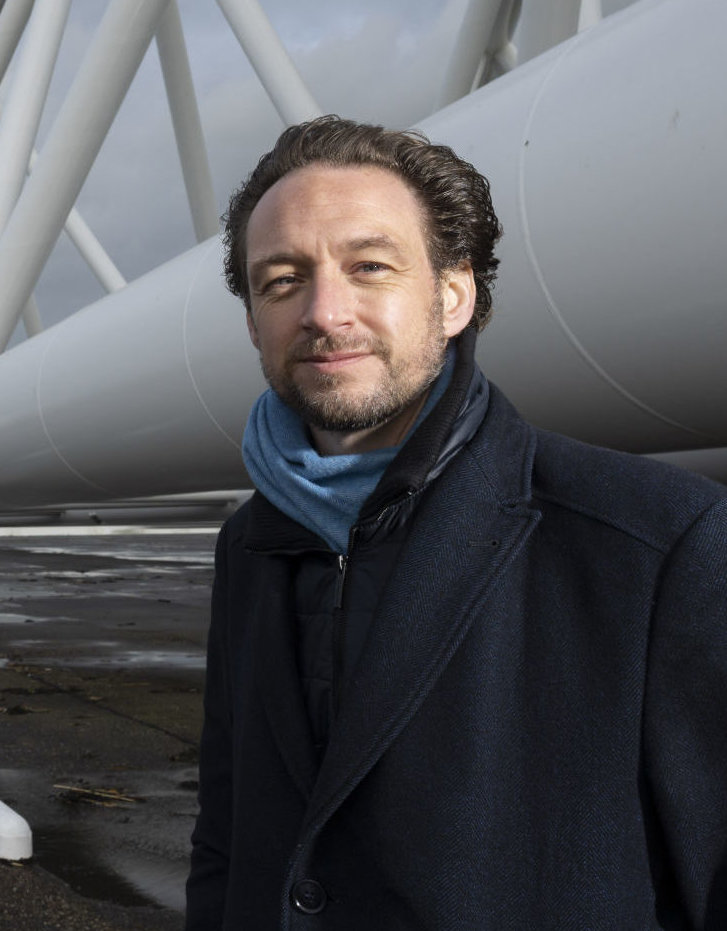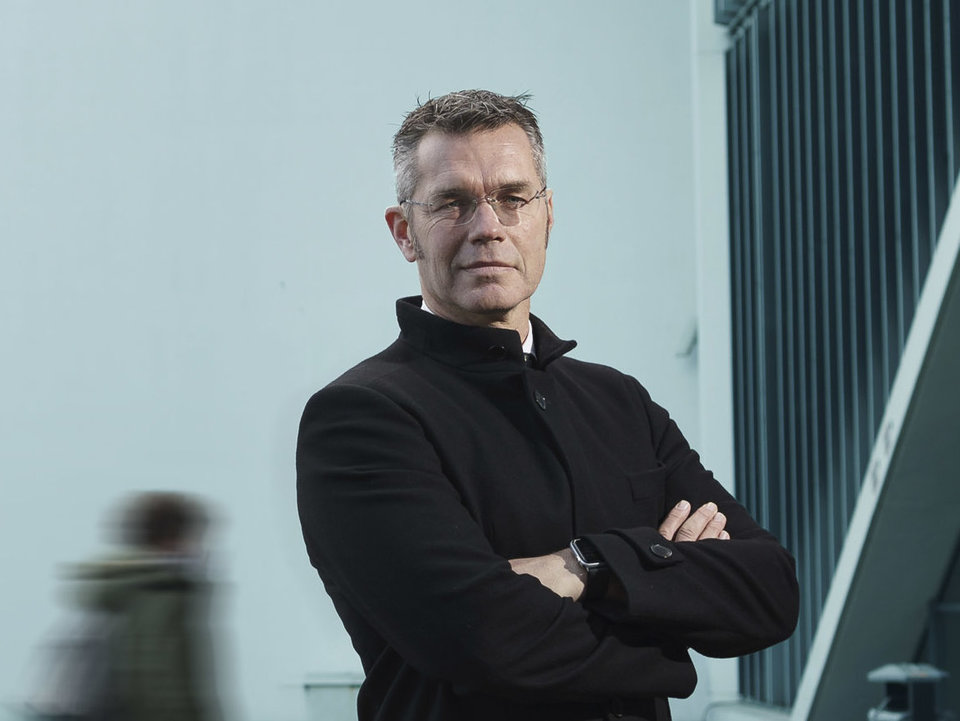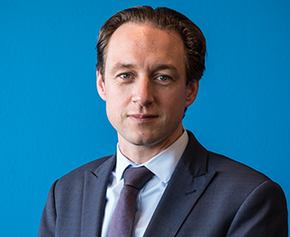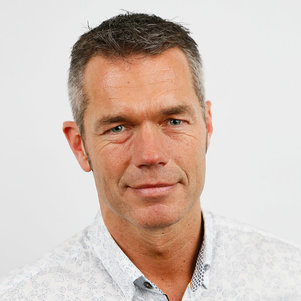Well prepared for future disasters
Yesterday Ernst Kuijpers, Marion Koopmans and Ahmed Aboutaleb presented the Pandemics and Disaster Preparedness Center (PDPC) of TU Delft, Erasmus MC and Erasmus University Rotterdam during the television programme Jinek. Many researchers from the faculty of CEG are involved, including Prof. Bas Jonkman (for his expertise on floods and their impact) and Prof. Serge Hoogendoorn (for his knowledge of the role of mobility in infectious diseases). This knowledge centre brings together top scientists with knowledge of pandemic threats and climate-related calamities.
Not invested anywhere
The plan for a Pandemic & Disaster Preparedness Centre is based on a wish expressed by virologist Professor Marion Koopmans, who hopes that the current level of vigilance will not diminish once the pandemic is under control again. Fifty engineers, doctors and scientists from the participating institutes have already joined the PDPC. The municipality of Rotterdam wholeheartedly supports the initiative. Researchers from Delft are enthusiastic.
Simulating disasters
Within the PDPC, Bas Jonkman works on simulations of all kinds of natural disasters and their effects. 'Bottlenecks then emerge, such as stagnant water as a source for infectious diseases, or bridges and tunnels that are blocked,' says Jonkman. By cooperating with the ErasmusMC, we can get a better picture of the effects on health care. Serge Hoogendoorn is interested in how mobility plays a role in the spread of infectious diseases. His group is working on test projects to simulate the evacuation of the Randstad, for example. Delft is also already working on a study to map out infection risks at larger events. All this data can then be shared with policymakers to answer the question: what are we going to do to prepare?
This research builds on TU Delft's strong expertise in disasters and resilience. All scientists involved welcome the strengthened cooperation with doctors and virologists.
Rector Magnificus Tim van der Hagen is delighted: "This initiative is an excellent example of the kind of science that society demands: using different areas of expertise and from various disciplines to jointly develop knowledge that benefits society.




